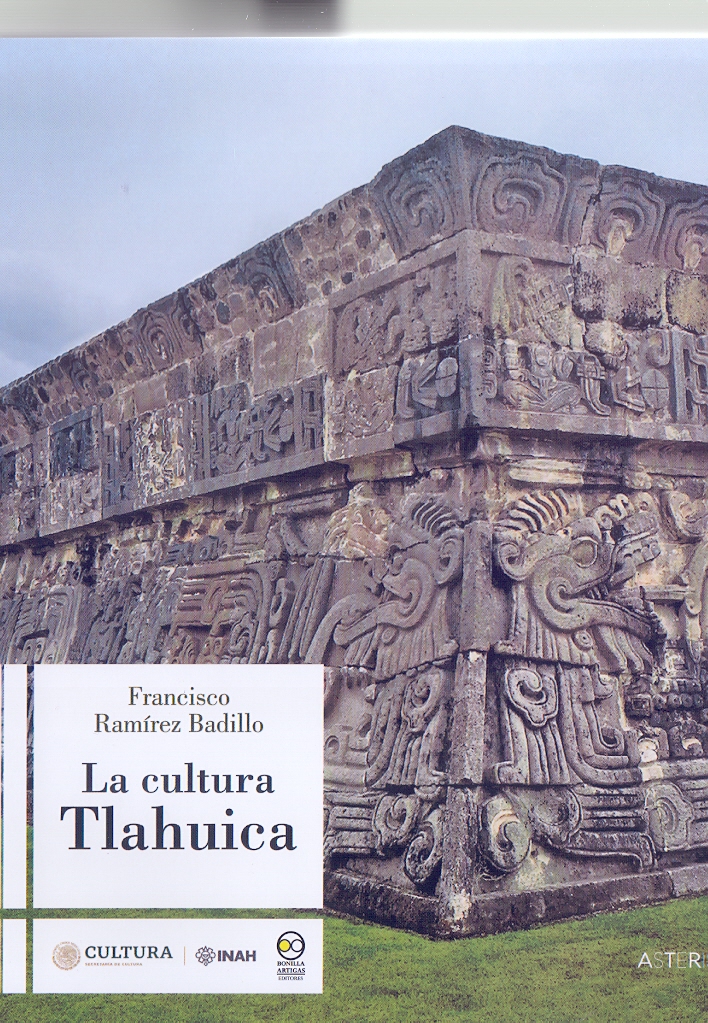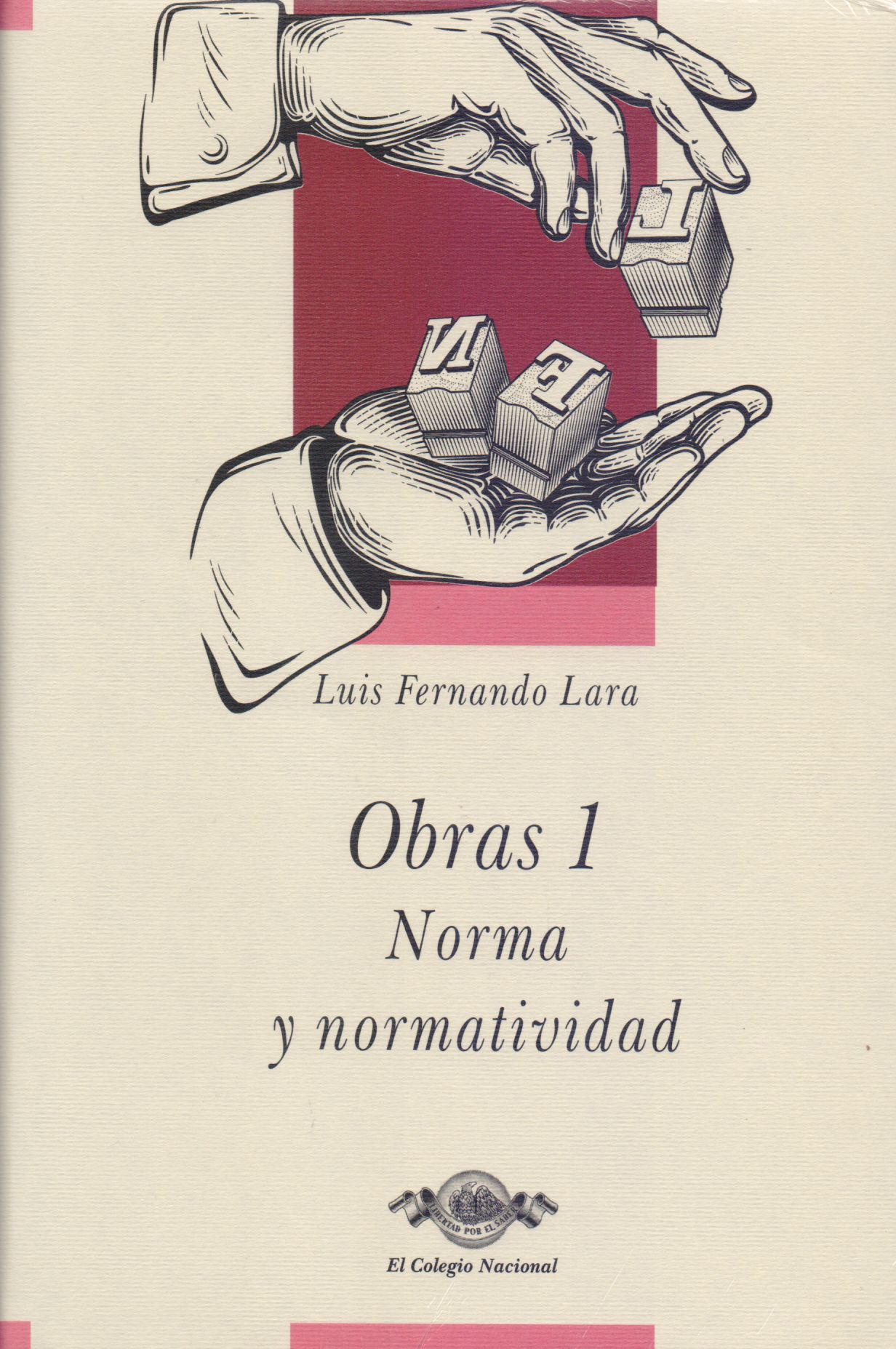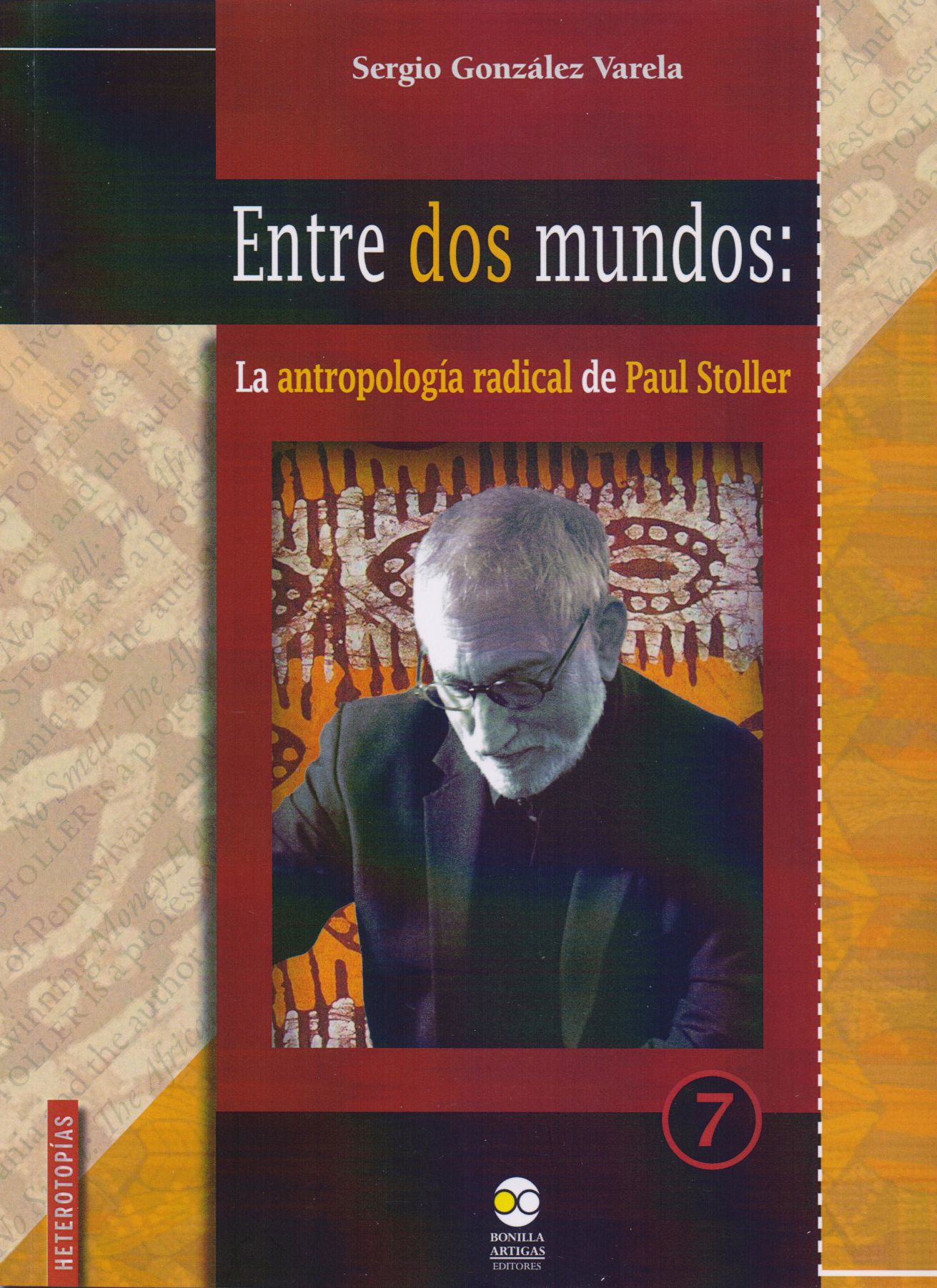Libros relacionados
 |
Didáctica, Léxico y Comunicación Cortez Pérez, Gabriela; Acosta Cadengo, Martha Cecilia Bonilla Artigas Editores |
 |
Goles y Banderas: Fútbol e Identidades Nacionales en España Quiroga Fernández de Soto, Alejandro Marcial Pons |
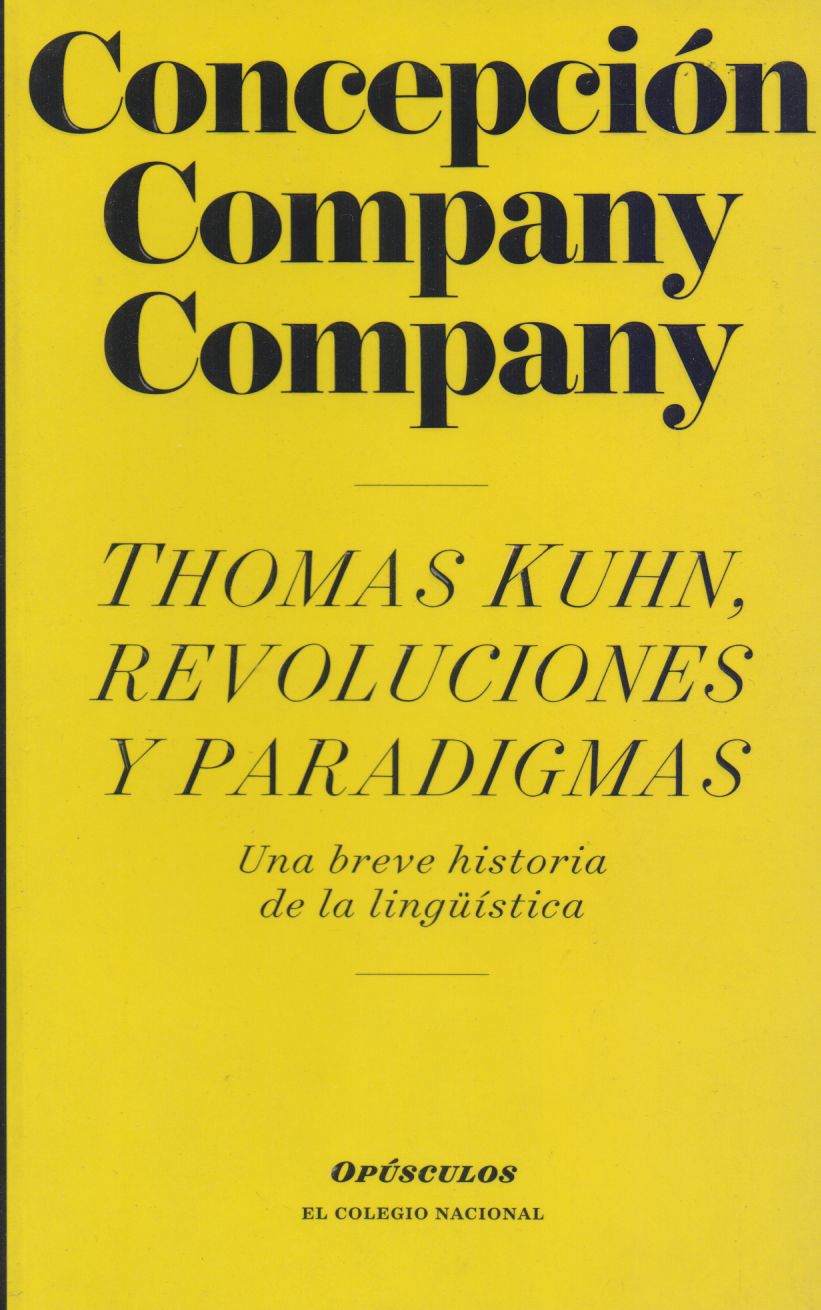 |
Thomas Kuhn, Revoluciones y Paradigmas: una Breve Historia de la Lingüística Company Company, Concepción Colegio Nacional |
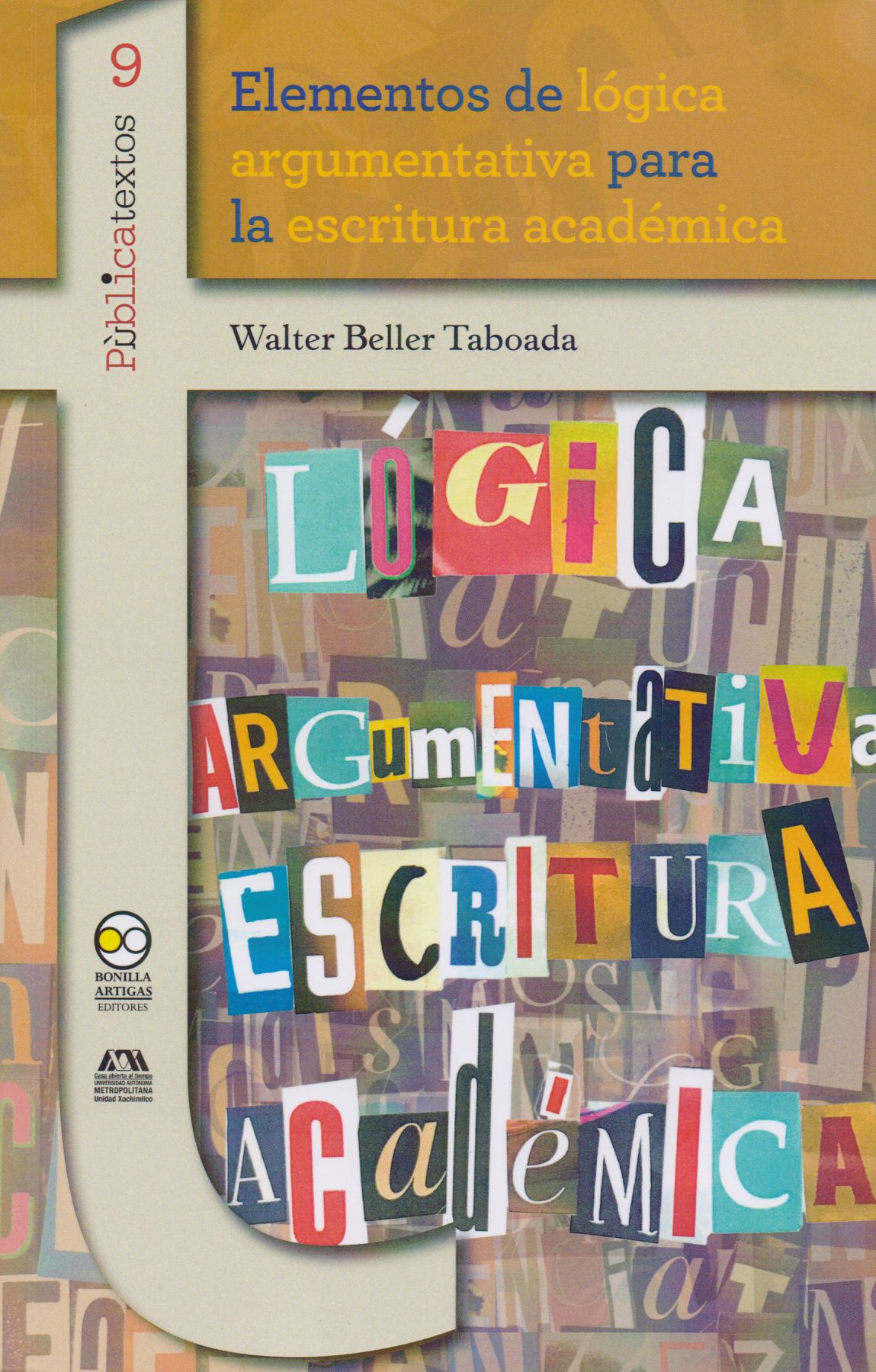 |
Elementos de Lógica Argumentativa Para la Escritura Académica Beller Taboada, Walter Bonilla Artigas Editores |
 |
Melchor Oyaguren de Santa Inés, Arte de la Lengua Japona (1738) Zwartjes, Otto (Ed) Iberoamericana Vervuert |
 |
Lenguas en Diálogo: el Iberorromance y Su Diversidad Lingúística y Literaria Döhla, Hans-Jörg / Montero Muñoz, Raquel / Báez de Aguilar G Iberoamericana Vervuert |
 |
Lengua, La, ¿Patria Común?: Ideas e Ideologías del Español Del Valle, José (Ed.) Iberoamericana Vervuert |
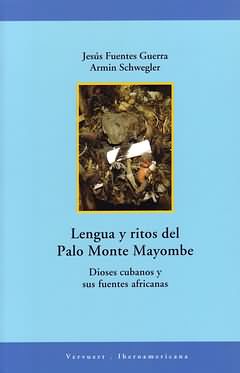 |
Lengua y Ritos del Palo Monte Mayombe: Dioses Cubanos y Sus Fuentes Africanas Fuentes Guerra, Jesús / Schwegler, Armin Iberoamericana Vervuert |


|
Título: Linguistic Anthropology: A Reader | |
| Autor: Duranti, Alessandro | Precio: Desconocido | |
| Editorial: John Wiley & Sons Inc. | Año: 2009 | |
| Tema: Lingsistica, Antropologia, Sociologia | Edición: 1ª | |
| Sinopsis | ISBN: 9781405126328 | |
| Linguistic Anthropology: A Reader is a comprehensive collection of the best work that has been published in this exciting and growing area of anthropology, and is organized to provide a guide to key issues in the study of language as a cultural resource and speaking as a cultural practice.
Revised and updated, this second edition contains eight new articles on key subjects, including speech communities, the power and performance of language, and narratives Selections are both historically oriented and thematically coherent, and are accessibly grouped according to four major themes: speech community and communicative competence; the performance of language; language socialization and literacy practices; and the power of language An extensive introduction provides an original perspective on the development of the field and highlights its most compelling issues Each section includes a brief introductory statement, sets of guiding questions, and list of recommended readings on the main topics Table of Contents Acknowledgments to the Second Edition. Preface to the Second Edition. Linguistic Anthropology: History, Ideas, and Issues (Alessandro Duranti). Part I: Ideal and Real Speech Communities. Introduction. 1 The Speech Community (John J. Gumperz). 2 The African-American Speech Community: Reality and Sociolinguists (Marcyliena Morgan). 3 The Social Circulation of Media Discourse and the Mediation of Communities (Debra Spitulnik). 4 Communication of Respect in Interethnic Service Encounters (Benjamin Bailey). 5 The Idealised Native Speaker, Reified Ethnicities, and Classroom Realities (Constant Leung, Roxy Harris, and Ben Rampton). Part II: The Performance of Language: Events, Genres, and Narratives. Introduction. 6 Ways of Speaking (Dell Hymes). 7 Formality and Informality in Communicative Events (Judith T. Irvine) 8 Universal and Culture-Specific Properties of Greetings (Alessandro Duranti). 9 Genre, Intertextuality, and Social Power (Charles L. Briggs and Richard Bauman). 10 Narrating the Political Self in a Campaign for US Congress (Alessandro Duranti). 11 Hip Hop Nation Language (H. Samy Alim). Part III: Language Socialization and Literacy Practices. Introduction. 12 Language Acquisition and Socialization: Three Developmental Stories and Their Implications (Elinor Ochs and Bambi B. Schieffelin). 13 Participant Structures and Communicative Competence: Warm Springs Children in Community and Classroom (Susan U. Philips). 14 What No Bedtime Story Means: Narrative Skills at Home and School (Shirley Brice Heath). 15 Creating Social Identities through Doctrina Narratives (Patricia Baquedano-López). Part IV: The Power of Language. Introduction. 16 Arizona Tewa Kiva Speech as a Manifestation of a Dominant Language Ideology (Paul V. Kroskrity). 17 Language Ideology and Linguistic Differentiation (Judith T. Irvine and Susan Gal). 18 The “Father Knows Best” Dynamic in Dinnertime Narratives (Elinor Ochs and Carolyn Taylor). 19 Professional Vision (Charles Goodwin). 20 Language, Race, and White Public Space (Jane H. Hill). 21 No (Don Kulick). Index. |
||
Librería Bonilla SA de CV © Todos los derechos reservados. 2019
Última actualización: Jul 2019



